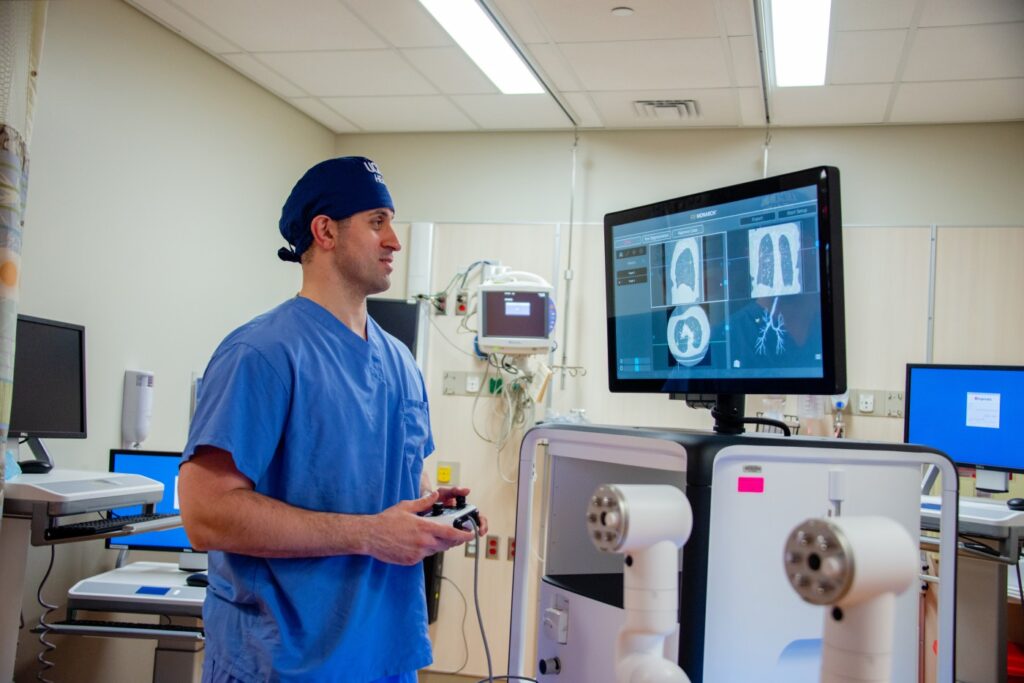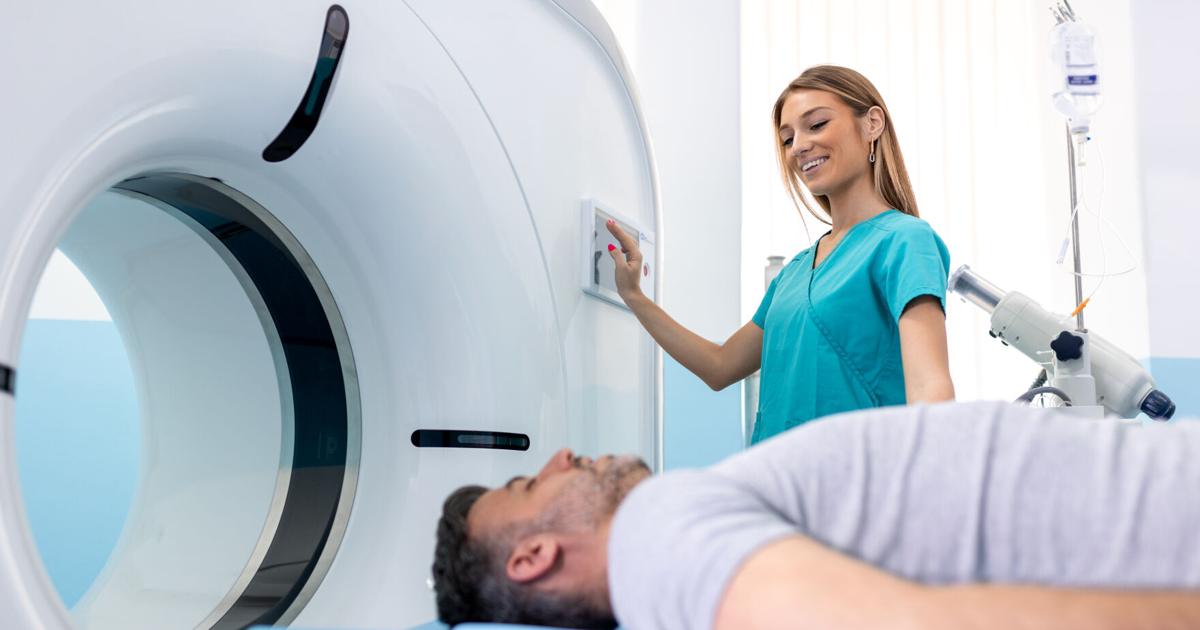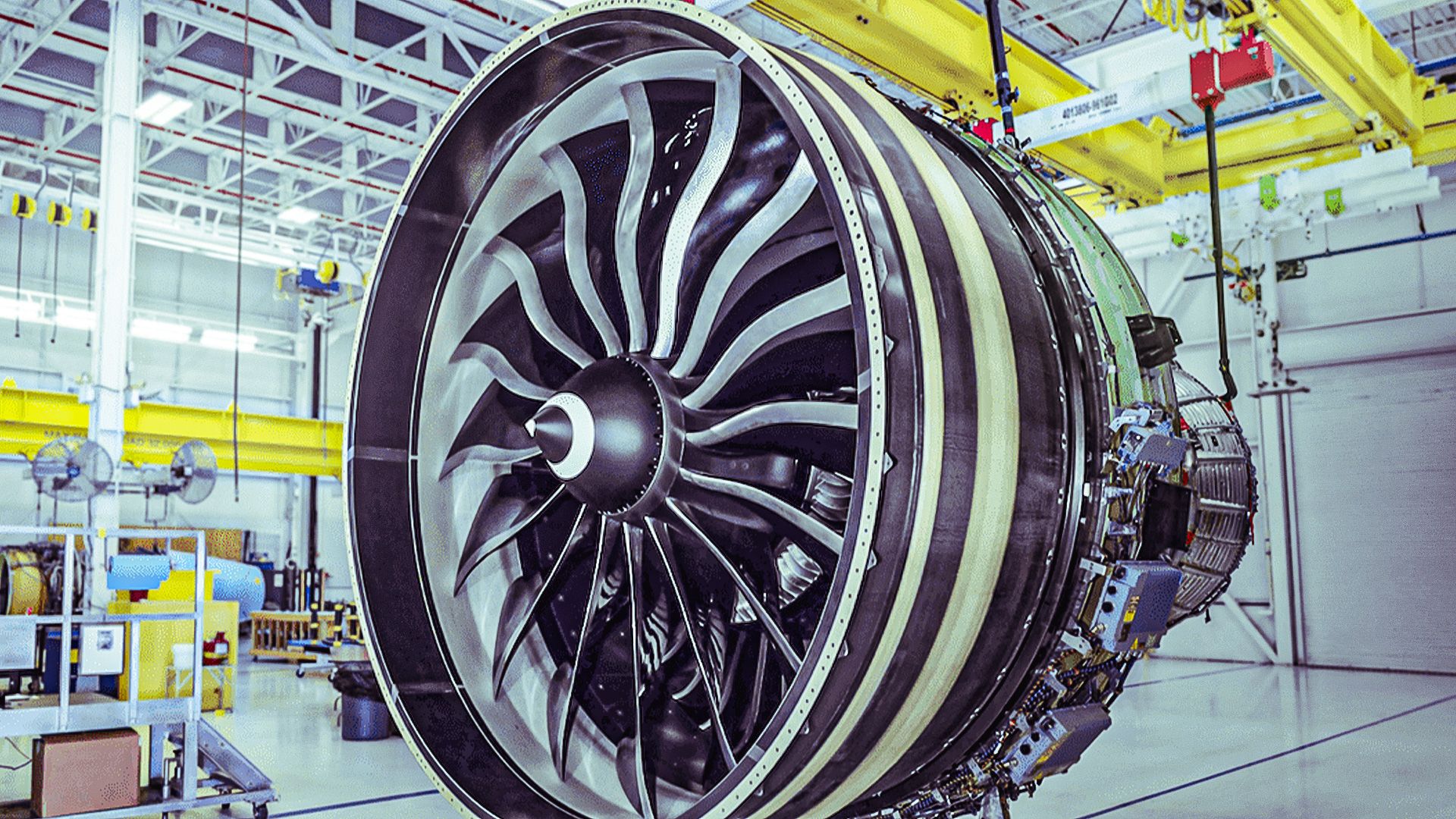
Artificial intelligence (AI) is transforming patient care at UConn Health by identifying critical abnormalities in imaging scans, leading to early diagnoses of serious conditions, including cancer. In a recent case, AI analyzed a CT scan of a patient in her 20s suffering from pneumonia and detected a small abnormal area, resulting in an early diagnosis of cancer. This proactive approach enabled the patient, an accomplished cross-country and track athlete, to continue her athletic career while addressing her health concerns.
The Role of AI in Early Detection
According to Dr. Omar Ibrahim, service chief for the Neag Cancer Center and director of interventional pulmonary at UConn Health, cancer is typically not a consideration for patients in their 20s and 30s. The integration of AI software allows healthcare professionals to pinpoint suspicious findings that may otherwise go unnoticed. “It has a huge ability to catch so much more in a short amount of time and filter information for us,” Dr. Ibrahim explained. He emphasized that, on a regular basis, the AI system helps identify numerous patients requiring further investigation, thereby enhancing early detection and treatment options.
UConn Health has implemented twelve AI modules designed to flag potential life-threatening conditions in radiology examinations. Dr. Michael Baldwin, an attending radiologist at UConn Health, noted that these AI tools expedite the triaging process for patients with acute findings. For instance, the AI module that monitors for intracranial bleeds boasts a sensitivity of over 95% and a specificity of more than 94%. This means that when a patient arrives at the emergency room with symptoms like chest pain, the AI system can quickly identify those in critical condition.
Enhancing Patient Care While Maintaining Human Oversight
Despite the impressive capabilities of AI, doctors at UConn Health emphasize that technology is meant to complement rather than replace human expertise. The radiologists remain integral in interpreting the scans and developing patient care plans. Dr. Baldwin pointed out the importance of human verification, stating, “Even when these modules are flagged in studies, we need to ensure that a physician is involved to render an opinion on those findings.”
The AI system also reviews lung nodules, which are small growths that may indicate early stages of lung cancer. While most nodules are benign, identifying clinically significant cases early is crucial for effective treatment. Dr. Ibrahim explained, “If we review 100 nodules and find that three are likely to be cancerous, those are three patients we can diagnose early and get them the most appropriate therapy as soon as possible.”
Furthermore, Dr. Ibrahim has adopted an AI scribe in his practice. This tool listens to conversations during patient interactions and compiles notes, allowing him to focus more on patient care instead of documentation.
While AI shows promise in improving diagnostics and patient management, challenges remain, particularly concerning data security. Dr. Ibrahim stressed the importance of safeguarding patient information, noting that UConn Health’s cybersecurity team ensures all data is encrypted.
In conclusion, the integration of AI at UConn Health represents a significant advancement in the medical field, enhancing the ability to detect abnormalities quickly and accurately. As the technology evolves, both Dr. Ibrahim and Dr. Baldwin express optimism about its potential to further improve patient outcomes while ensuring that human oversight remains a vital component of healthcare. “In the next five years, it will be fascinating to see where it goes and how much better it gets,” Dr. Baldwin remarked.







